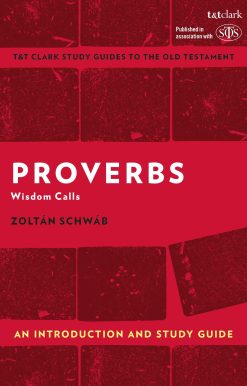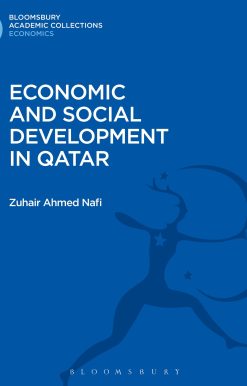Mandarin Chinese Vocabulary Course New Edition (Learn Mandarin Chinese with the Michel Thomas Method): Intermediate Mandarin Chinese Audio Course
50.00 JOD
Please allow 2 – 5 weeks for delivery of this item
Add to Gift RegistryOnly logged in customers who have purchased this product may leave a review.
Description
Additional information
| Weight | 0.156 kg |
|---|---|
| Dimensions | 1.2 × 15.8 × 23.4 cm |
| by | |
| format | |
| Language | |
| publisher | |
| Year Published | 2019-6-13 |
| Imprint | |
| Publication City/Country | London, United Kingdom |
| ISBN 10 | 1529319595 |
| About The Author | Dr Harold Goodman is a physician and surgeon, who had Michel Thomas as his teacher for nearly ten years. During this time Michel Thomas's goal was not to teach Dr Goodman a specific language (though he did instruct him in two of the languages he taught) but to train him to understand his method of teaching – which he then used to teach others, with great success. Dr Goodman teaches and practises in the United States. Michel Thomas (1914-2005) had an amazing life. Born in Poland, he spent his early years in Germany and then in France, where he studied psychology at the Sorbonne in Paris. When war broke out, he fought with the Resistance and suffered imprisonment in labour camps. At the end of the war he joined the US liberation army and later settled in the US where he established his world-famous language school. Languages, being his strength and passion became the focus of the next 50 years of his life that he spent developing a method that he hoped would change the way we teach and learn – so that everyone could succeed. He developed this method 'that works with the brain'. After creating several courses of his own, he passed on his method so that other teachers might use it too. |
| Other text | The original no-books, no-homework, no-memorizing course that gets you speaking and understanding Mandarin Chinese in weeks, not years. The revolutionary, stress-free Michel Thomas Method is in tune with the way the brain prefers to receive, store and retrieve information. It has helped over 5 million people learn a language. |
| Table Of Content | : Past – 'have you ever' pattern: 'Something different from, other than' pattern: Only, about the same, the same as…, different then, next, last, few (various colloquial uses),: Verbs (give, show, may, do, strike, make a telephone call, sit, go towards, fly, drive, tell, inform someone, be late, early, arrive, go fast, should, sell, understand via hearing or seeing, pay, to be free, gratis, be rich, to like something, seek, look: 'It's a pity' (very commonly used in spoken Chinese – must know),: Money – types of currency, ways of referring to currency (China, Taiwan, UK, USA, etc.): Asking how much: large and small quantities. Two patterns.: Counting. From one to a million. The use of wan = 10, 000. The critical words that you must never confuse to express the number two.: Dates: Names of days of week, months, year. How to use the word hao = number.: Time: How to express time. AM, PM. Differences from English. One half.: Children: various ways to refer to: Additional adjectives: How to address strangers: Eating: public, private venues, terms, verbs, nouns (wine, beer etc.), ordering, types of food / drink. Foreign, local.: Future. specific constructs.: Travelling terminology. Aeroplane, car, train, passport, ticket: General nouns (newspaper): Pattern: From point x, by means of some conveyance, to destination.: Sentence -le pattern. Something changes. A unique Chinese way of expressing the past. Very common and essential to learn.: Pattern: verb de dong: Before, after. Unique Chinese uses.: 'Otherwise' pattern.: Lodging vocabulary: room, bed, chair, floor, etc.: Outside / inside: Very best (superlative) pattern: Boss, person in charge.: Everything, nothing, every specific thing, so on, etc.: Two types of 'or'. Introducing huo zhe.: Mei ban fa = there's nothing to be done (ie. It's hopeless) Very common Chinese expression.: Ban fa = a method or process of doing something. Many uses.: Already.: Greeting a group vs. one or two people. |





Reviews
There are no reviews yet.